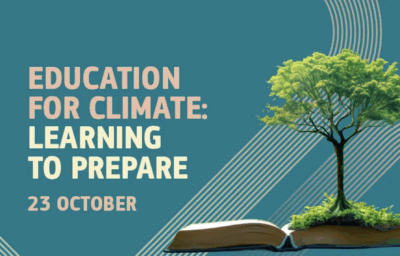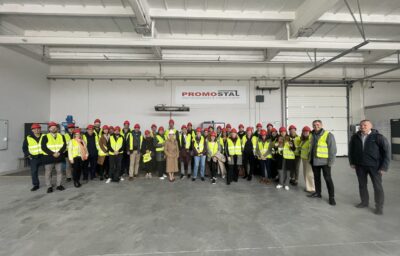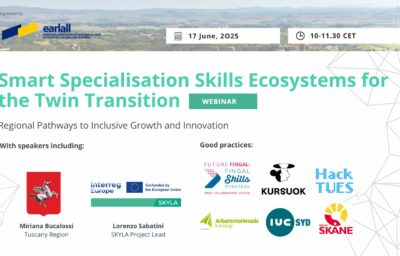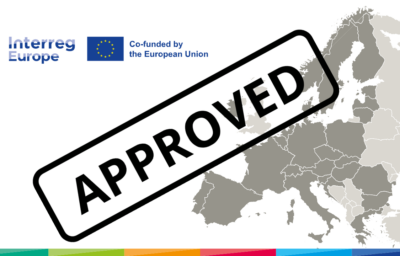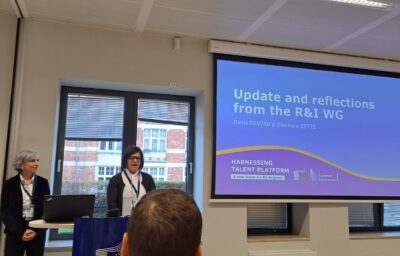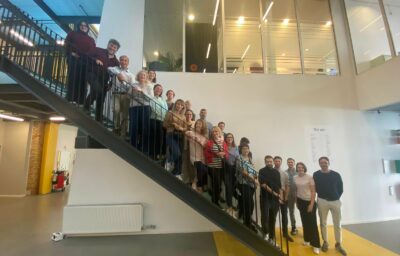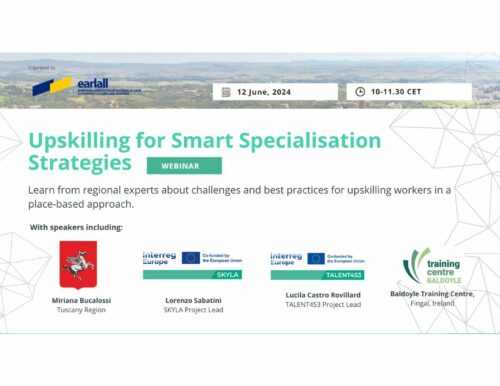SKYLA – Smart Specialisation Skills Ecosystems for the Twin Transition
SKYLA: Smart Specialisation Skills Ecosystems for the Twin Transition is a project funded under the Interreg Europe program. The SKYLA project seeks to support public authorities in putting future skills at the centre of the twin transitions for a smarter, more resilient development, by boosting and adapting the role of VET in innovation ecosystems and smart specialisation strategies. It is led by the Agency for the development of the Empolese Valdelsa, Tuscany, in consortium with 11 partners across 8 regions in the European Union. The project will last four years, split into three stages: Identifying Policy Needs; Implementing Policy Solutions and considering policy solutions.
Objectives
Why SKYLA?
The EU has committed to promoting twin green and digital transitions to make its economy more fair, resilient, and sustainable. Vocational Education and Training (VET) is a key tool. Yet VET systems must adapt and modernise. Adaptation must go hand in hand with Smart Specialisation Strategies (S3/S4), with an increasing role to be played by VET in strategy development and governance. Conscious of their policy role in overcoming skills gaps and mismatches, in helping workers reskill and upskill, 8 European regions (10 partners), supported by an expert association in the field of lifelong learning (Advisory Partner), cooperate in SKYLA project to address limitations to the VET role in innovation ecosystems. All SKYLA territories note: concerns over (future)employment, particularly following the COVID pandemic, complicated or non-existent links between SMEs (the economic backbone) and VET providers, capacity among territorial ecosystems to foresee skills requirements for the ever evolving twin-transitions.
Outputs
SKYLA will seek to achieve the following specific goals:
1) encourage interregional learning on policy adaptation and modernisation required to adapt VET systems and facilities and integrate them into S3/S4 processes and innovation ecosystems;
2) understand how public policy can address these needs and challenges;
3) design, and initiate implementation of, policy improvements to integrate skills into the twin transition, with a new role for VET systems/facilities and better capacity among public authorities to implement approaches;
4) implement, extend and monitor policy improvements, using territorial resources.




